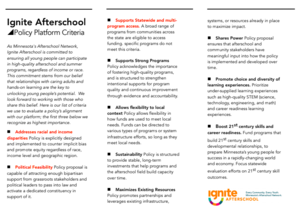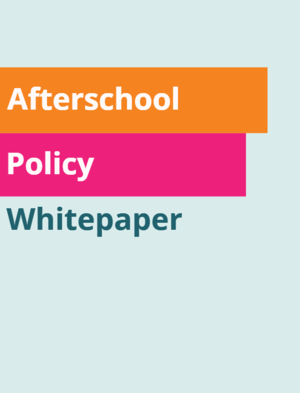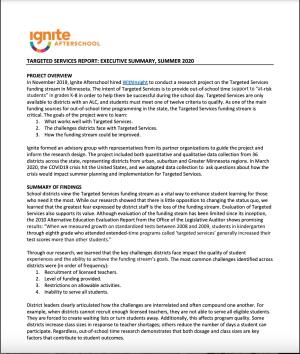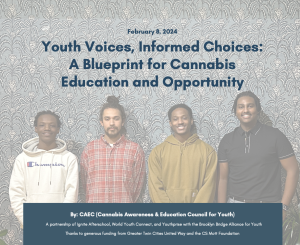Our Policy Approach:
As Minnesota's Afterschool Network, Ignite Afterschool is committed to ensuring all young people can participate in high-quality afterschool and summer programs, regardless of income or race. This commitment stems from our belief that relationships with caring adults and hands-on learning are the key to unlocking young people’s potential. According to analysis using Ignite's Policy Criteria, we believe these policy priorities offer solutions to help close the Afterschool opportunity gap.






